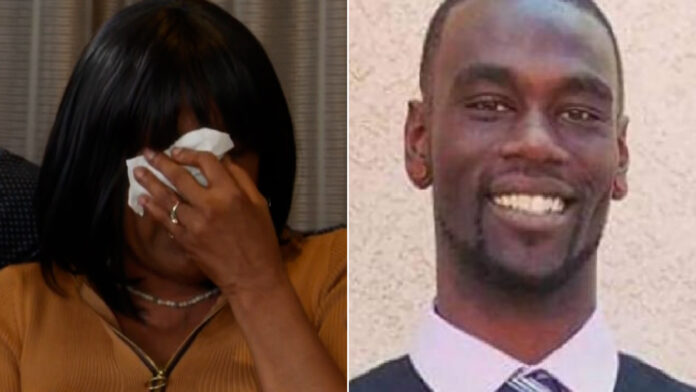Three former officers from the Memphis Police Department, including Tadarrius Bean, Demetrius Haley, and Justin Smith, have had all state charges dismissed on the fatal beating of Tyre Nichols, a 29-year-old black man whose death occurred following a violent traffic stop in January 2023. The verdict was pronounced after a nine-day trial and over eight hours of deliberation by the jury in Hamilton County, Tennessee, a majority-white county, in response to the anxiety of pre-trial publicity in Memphis.
The officers were charged with second-degree murder, aggravated assault, as well as aggravated kidnapping, in addition to official misconduct and official oppression, respectively. They were found not guilty on all counts by the jury. Strong responses have already emerged to the decision, including those from Nichols’ family, civil rights advocates, and specialists in the law world, who are enraged and disheartened.
A Case That Shocked the Nation
Tyre Nichols was pulled over because they allegedly had been driving recklessly, but later reviews of police body cam footage showed no concrete evidence to indicate that Nichols deserved to be pulled over. Police officers pulled him from his vehicle, pepper-sprayed him, and Tased him. He ran away on foot and was caught a short distance from his home and was pummelled with a fallen tree branch by several officers; all the officers involved were also black. Nichols cried out to his mother as he was being beaten. The medical examiner stated that he died three days later in the hospital from blunt force trauma to the head.
Also read: U.S.-UK Trade Agreement 2025: Trump and Starmer Finalize Deal
A case was caught on a police surveillance camera, and when released to the public, the event spurred nationwide protests and renewed conversations about police brutality, especially in the Black community. The five officers who were implicated were members of the special SCORPION unit, which was formed with the intention of attacking high-crime areas. The unit was disbanded later on.
Defense Strategy: Shift the Blame
In court, the defense attorneys argued that their clients adhered to the department policy and blamed the majority of the violence on Emmitt Martin, who had pleaded guilty in a different court in the state case without being put on trial. They also stated that Nichols was resisting arrest and disregarded orders to cuff his hands, thus perceiving him as a threat. The defense observed that there were credit cards, which were not Nichols’ in his car; this was one of the possible explanations why he ran.
Former officer Desmon Mills Jr., who also pleaded guilty, gave testimony for the prosecution. He confessed they failed to stop the beating and also said Nichols was not violent to the officers. However, Mills also mentioned that Nichols resisted arrest, which the defending party used to emphasize that the actions of the officers were legitimate.
Reaction from the Nichols Family and Officials
The Nichols family, on the advice of civil rights attorney Ben Crump, issued a statement that the verdict was a ‘devastating miscarriage of justice.’ Crump, however, points out that the world witnessed Nichols’ beating, as well as those who swore to protect him failed.
Memphis District Attorney Steve Mulroy said that he respected the jury’s verdict but vigorously believed that the evidence maintained that a conviction should have proceeded. Was I shocked that there was no guilty verdict? Yes,” he admitted. “Do I have an explanation? No.” Mulroy said the result had devastated Nichols’ family, and it was no surprise to him that they were angry.
What’s Next?
Although acquitted under state laws, Bean, Haley, and Smith were formerly adjudged under the federal court for lesser crimes, including witness tampering. They still risk a potential federal prison term, and all five men, as well as the city and the police chief of Memphis, are sued for $550m by the family of Nichols. That civil case is forecasted to reach a trial in 2026.
The Department of Justice also found that the Memphis Police Department commonly used excessive force and practiced racial discrimination.








